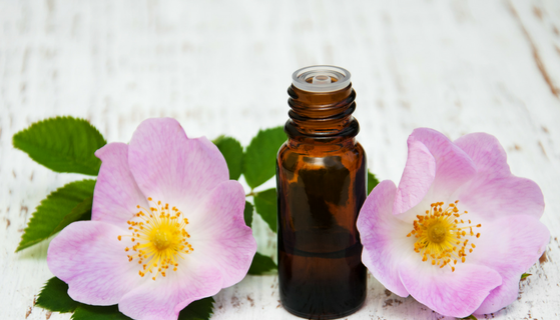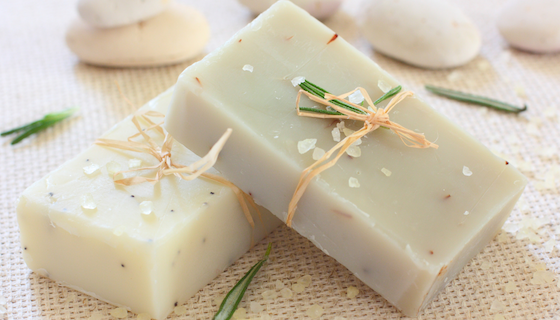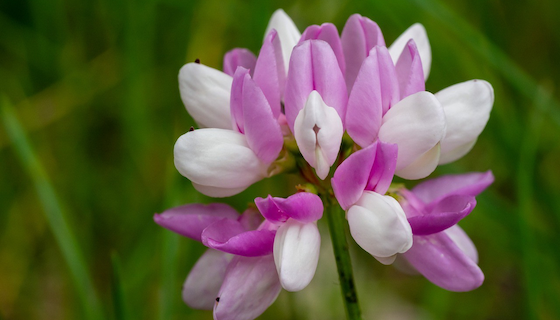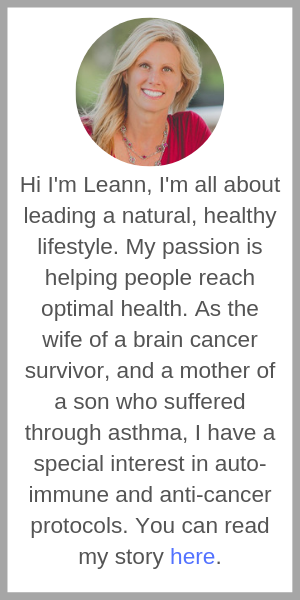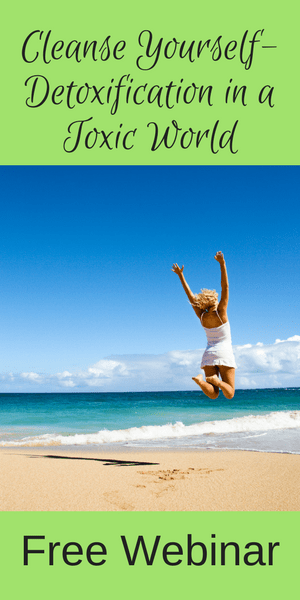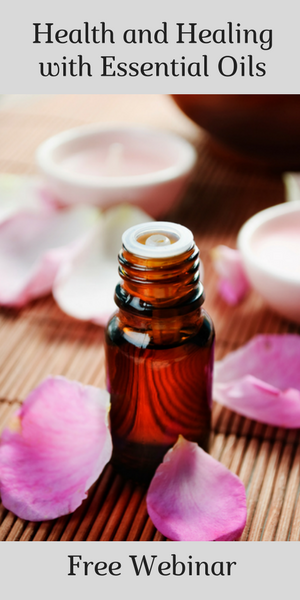Can You Use Essential Oils While On Medication?
Essential Oils, Medications & Medical Conditions
If ever in doubt whether an essential oil is contraindicated for a medication you take or medical condition you have, please contact your physician or naturopathic doctor for direction.
Anticoagulants
These are the essential oils that are known to, or are very likely to, inhibit blood coagulation through ORAL administration.
Caution is advised if taking an anticoagulant drug such as: aspirin, heparin, and warfarin. Caution is advised if breastfeeding, if you have a peptic ulcer, hemophilia, internal bleeding, hepatic or renal impairment, hypertensive or diabetic retinopathy, have a decreased platelet count, have vasculitis, or are up to one week before or after major surgery or childbirth.
- Birch (sweet)
- Garlic
- Onion
- Wintergreen
These oils contain methyl salicylate which are biologically similar to the constituents in aspirin, which is the active ingredient.
AVOID TOPICAL/ORAL/AROMATIC USE: Wintergreen and Birch (sweet) should be avoided from all routes of administration (oral, topical, aromatically) if using the drug Warfarin. The methyl salicylate in these oils may inhibit platelet aggregation and exacerbate blood thinning.
Diabetes
Because of essential oils effects on blood sugar, some essential oils may interact with diabetic medication (glibenclamide, tolbutamide, metformin) if taken in ORAL doses. The constituents of these oils influence blood sugar levels and may cause hyperglycemia or hypoglycemia:
Remember, this is if taken ORALLY:
- Anise
- Basil (lemon)
- Black seed
- Cassia
- Cinnamon Bark
- Dill
- Fennel (bitter and sweet)
- Fenugreek
- Geranium
- Lemon leaf
- Lemongrass
- Marjoram
- Melissa
- Myrtle (many species)
- Oregano
- Tea tree-lemon scented (doTERRA does not use this species)
- Thyme (spike)
Diuretics
Because of its antidiuretic action, anise oil may interact with diuretic medication (bendrofluazide, furosemide, spironolactone) if taken in oral doses.
Grapefruit Oil
Editorial Addition – The following excerpt by Dr. Hill was taken from an exchange between Dr. David K. Hill and Justin Harrison during a webinar in 2010.
“There is some research that says you should avoid Grapefruit if you suffer from or are taking medications for high blood pressure. Often physicians will advise their patients to avoid grapefruit for this reason. The compounds of concern are present in the meat of the fruit and are not present in Grapefruit essential oil, which come from the rind or peel of the fruit. Citrus oils, specifically Grapefruit, have been used for quite some time without any regards to there being any detrimental effects even with high blood pressure. It can be stabilizing to the body.”
That being said, if someone has very direct concerns encourage them to consult with their physician and address that question with them.
Epilepsy
Some essential oils, if taken ORALLY, should be avoided if you are prone to seizures. However, people who are taking suppressant medication may be no more vulnerable than non-epileptics. Epileptics who are not on medication are vulnerable, as are people who do not realize they are epileptics, and also infants and children.
The essential oils listed below are the oils that could pose potential problems. They should only be used up to the recommended maximum amounts, which are intended to be safe for the general use, including people who might be prone to seizures. There are more oils than what I am including on the list…I’m including the most common (please research the entire list).
ALL of these have a safe dermal dosage (topical) but not all of these are safe to take INTERNALLY:
- Birch (Sweet)
- Ho Leaf “Cinnamomum camphora ct camphor”
- Hyssop Hyssopus officinalis ct pinocamphone
- Lavender (Spanish) “Lavandula stoechas spp. stoechas”
- Lavender (Spike) “Lavendula latifolia” and “Lavandula spica”
- Rosemary “Rosemarinus officinalis ct a-pinene, Rosemarinus officinalis ct verbenone”
- Sage (Dalmation) “Salvia officinalis”
- Sage (Spanish) Salvia lavandulifolia and Salvia hispanoru
- Tansy “Tanacetum vulgare and Chrusanthemum tanacetum”
- Thuja “Thuja opccidentalis”
- Western Red Cedar “Thuja plicata”
- Wintergreen
- Yarrow Achillea millefolium ct. chamazulene
Warfarin
The following essential oils are cautioned against if you are taking Warfarin : Anise, Basil, Bay, Bee Balm, Birch, Cassia, Cinnamon Bark, Cinnamon Leaf, Clove bud, leaf, and stem, Fennel (bitter and sweet), Lavadin, Leek, Marigold (Mexican), Marjoram (wild), Oregano, Oregano (mexican), Patchouli, Ravensara bark, Tarragon, Thyme, Wintergreen (this is not the entire list…just the most common).
References:
- Paleo Mama – Essential Oil Safety Document
- Schnaubelt, Kurt. The Healing Intelligence of Essential Oils
- Schnaubelt, Kurt. Medical Aromatherapy
- Schnaubelt, Kurt. Advanced Aromatherapy
- Tisserand, Robert and Young, Rodney. Essential Oil Safety
Possible Drug Interactions with Essential Oils
Reference: Aroma Tools (2004), Modern Essentials *6th Edition* a Contemporary Guide to the Therapeutic Use of Essential Oils.
MUST READ
It is possible to use too much oil at one time and it can interfere with medications. Let me explain…
Essential oils (EO) work best in smaller doses more frequently. It is better to use 1-2 drops of OnGuard on the bottom of your feet 6 X per day than to use 12 drops all at once. If you are going to drink 60 ounces of water in one day, would your body do better drinking 6 ounces 10 X throughout the day or chugging it all at once? Same deal. You eat, drink, and excrete in intervals and you should also apply EOs in the same manner. Your body can assimilate it better that way.
Now, regarding interfering with medications…If someone is taking a medication for High Blood Pressure and they use Ylang Ylang or Marjoram (which are intended to lower High Blood Pressure) they could experience a significant drop in their BP. This is the reason why, EOs are designed to bring a body into a state of homeostasis or balance. So, if the EO brings a body into homeostasis and that body is also given a medication to lower their BP that could be a problem.
There are no real side effects of EOs (other than sensitive skin issues like using oils considered “hot” in sensitive places). EOs are intelligent and adaptogenic (can adapt to the needs of the body if it needs to have more or less, faster or slower). They know where “balance” is in your body. Meds do not know when and where to stop…they just keep cruising in one direction.
So, it is always good to ask someone if they are on medications. Let them know to be aware that EOs will start healing on a cellular level right away and that they will need to monitor closely what meds they are taking and the effects that they are feeling. Our hope is that as their bodies heal, they will not need meds anymore.
Any diabetic that starts on any Essential Oil protocol needs to closely monitor their blood sugars as they may significantly lower very quickly.
Of course, only your prescribing physician can modify your dosage. Do not attempt to do this on your own.
Considerations with medications and potential interactions:
- Drug injection sites or areas of the body where transdermal medications (i.e., estrogen or nicotine patches, etc.)
- Before surgery, be cautious about using rosemary and eucalyptus essential oils:
- Can interfere with metabolism of anesthesia, and should be avoided (both topically and via inhalation) for at least a week prior to any surgeries to prevent complications.
- Contraindicated for those on barbiturates, as they induce rapid metabolism of these drugs. Wintergreen and birch:
- Should not be used by persons on anticoagulant drugs, asthmatics or those with aspirin allergies. Renal or liver disease, compromised immune systems, known chemical sensitivities or those taking multiple medications:
Copyright 2013 Dr. Deborah McFarland, D.C.
Additional Safety Info + Resources
References:
- Modern Essentials: a Contemporary Guide to the Therapeutic Use of Essential Oils
- Tisserand Institute
- Paleo Mama (Essential Oil Safety document)
Additional Resources:
- Essential Oil Myths, Dr. Pappas
- Proper Care in Using Essential Oils
- Oil Storage Tips– Use glass or high grade plastics
- Safety Guidelines for Essential Oils
To get started with certified pure therapeutic grade essential oils, email Leann@GroovyBeets.com. Leann will create a custom protocol for your specific heath needs and goals.
 |
Disclosure: this post contains affiliate links.
 Login
Login